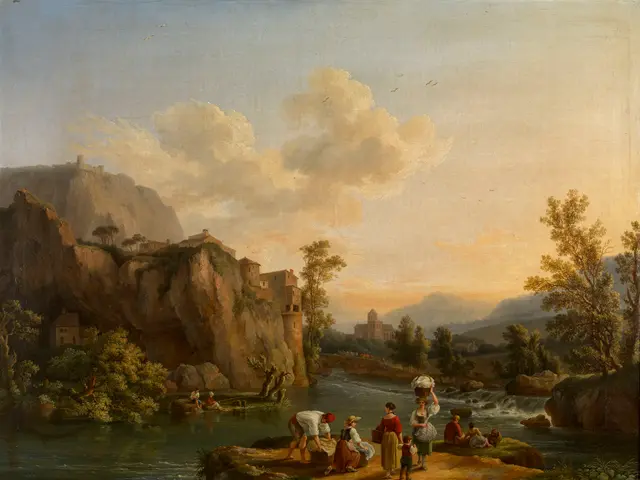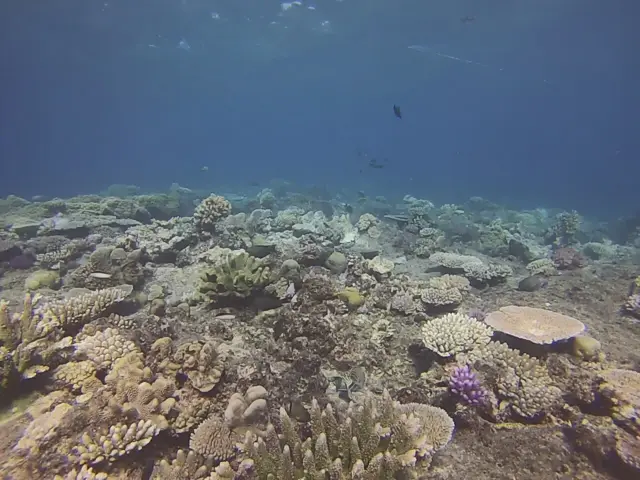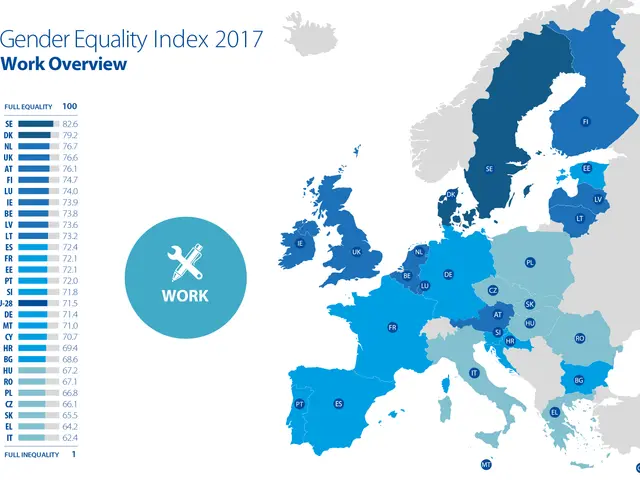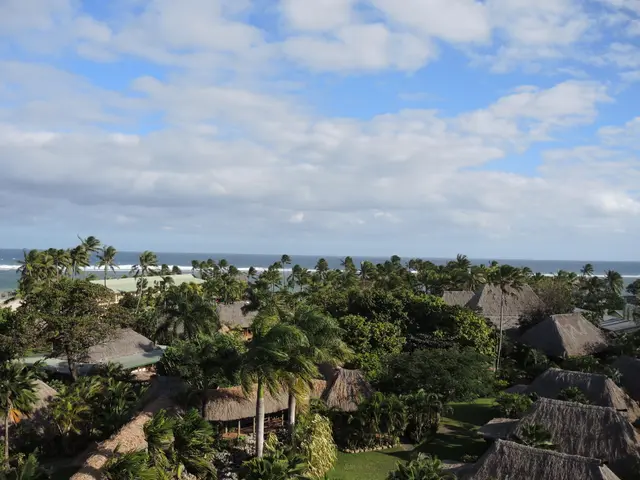Namibia bans sharing photos of dead wildlife on social media
Namibia's Minister of Environment and Tourism, Pohamba Shifeta, has implemented a ban on sharing images of dead wildlife on social media. This decision follows frequent backlash against trophy hunting posts, such as the controversial killing of a rare black giraffe by American hunter Tess Thompson Talley.
The ban applies to everyone, including those with hunting permits who often share such pictures. Shifeta stated that wild animals should be allowed to live freely and develop naturally, aligning with Namibia's constitutional provision for sustainable management of natural resources. Hunting is permitted, but posting images of killed animals is considered morally wrong.
Tourism, including hunting, is a significant revenue source for Namibia. Guided hunts with full board and lodging cost around €200 per day, with additional fees for rifle rentals and trophy charges. However, there are no specific rules for German hunting tourists regarding the use of such pictures on social media. Locals and tourists alike must consider local laws, hunting regulations, ethical standards, and social media platform policies.
Ingrid Newkirk, president of PETA, has condemned trophy hunting as 'a despicable pastime of wealthy, desensitized thrill-seekers'. The public is also urged to refrain from keeping wildlife in captivity in Namibia, as there is no law permitting it.
The ban on posting pictures of dead wildlife on social media in Namibia is a response to growing public outrage. It aims to promote ethical tourism and respect for the country's natural resources, while still allowing hunting under proper regulations.








